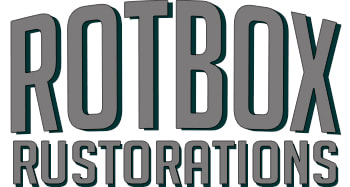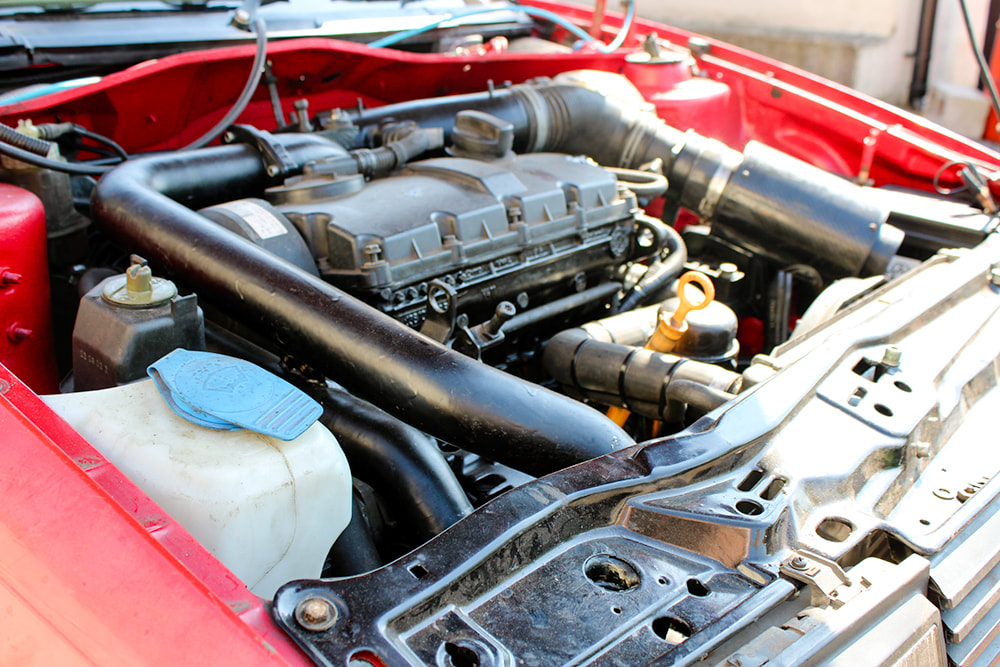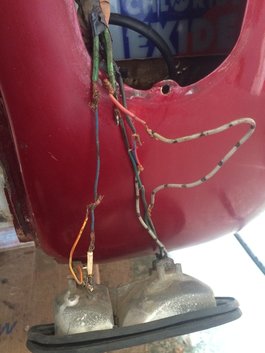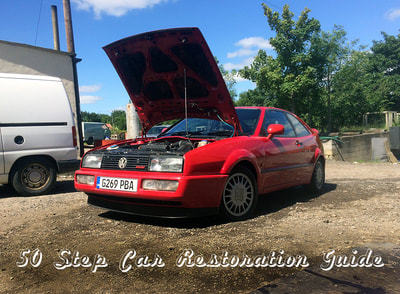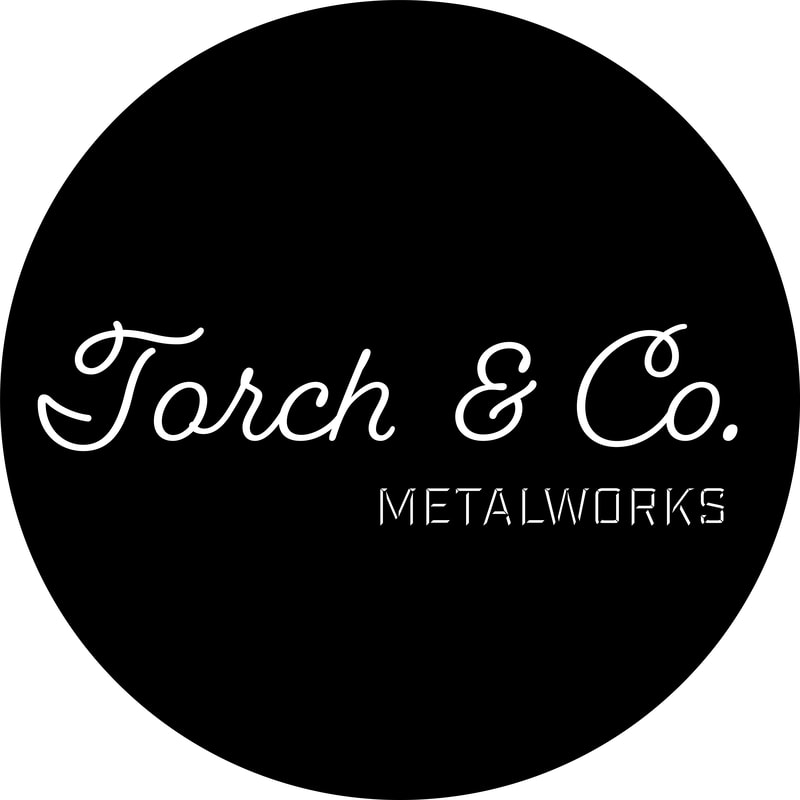|
UPDATE: Thanks for your interest in our business! We're a specialist fabrication company and do not have time for engine conversion jobs at this point. The information in this blog is intended as an overview of engine conversions in general, and you should always do your own research before carrying out any work on your vehicle. This blog post is everything we have to say about engine conversions and hope it will be of some help to people looking for general information about the difference between good and bad engine conversions. We cannot offer individual advice on any particular project. Whether your engine’s just blown up or you’re just looking for more power but refuse to part with the vehicle, you’ve decided an engine conversion is the way forward. BUT before you start merrily ripping out everything under your bonnet you might want to take a read of this article to learn what you’re getting yourself in for and, most importantly, learn how to spot the three key differences between a top-quality engine conversion and a second-rate job. Intrigued? Read on... Do You Really Want an Engine Conversion? First off, an engine conversion (as opposed to an straight engine swap) is not a simple job and is often not the cheapest solution to your problem either. You’ll need to consider:
So let’s say it together: If it was SIMPLE and CHEAP to do an engine conversion, I.e. a VW T4 2.5 TDI wouldn’t be worth around £2000 more than a VW T4 1.9 TD (obviously of a similar age, condition, ect.) Ask yourself- do I really want to spend all this money and time on an engine conversion? Or should I just upgrade my vehicle? Even if you’re hanging on to your campervan for its super awesome interior, remember that it’s much simpler (not to mention cheaper!) to swap that nice interior into a new vehicle with a better engine than to put a better engine into your original vehicle. Then again, if you’ve spent a lot of money on bodywork like, say, a custom paint job, then I’d understand why you’d want to choose an engine conversion over a new car altogether. But is this really your situation? Sometimes you just need to let it go and move on. The Takeaway?If you want a 2.5 TDI in your VW T4 just buy a VW 2.5 TDI T4 rather than messing around with a conversion. However if you want an engine that you can’t buy factory fitted, like a Subaru engine in a classic VW Split screen, or a 1.9 TDI diesel in a VW Bay window, then you can justify spending the money to do it. If, after you’ve read through all the above reasons to not get an engine conversion and come out the other side still knowing that you want one, well, congratulations! You made it! So now let’s get even more real.If you do decide an engine conversion is the right option for you then you want to be aiming for nothing less than perfection (and hopefully end up in the better than average category.) A shoddy engine conversion will, at best, make you look like an idiot, at worst put your life in danger. So with that in mind, here’s three things that will set your engine conversion head and shoulders above the others or alternatively, three things to look out for when you’re buying a car that’s had an engine conversion. 1) The Wiring is Spot OnWiring is a major part of an engine conversion but it’s probably the most overlooked and definitely the easiest to mess up. If the wiring on an engine isn’t done right a car won’t run properly. If the loom has been altered for the conversion chances are the manufacturer wiring diagrams won’t match up anymore- making it harder to diagnose faults than on a standard factory set up. So on a badly wired car you could spend hours chasing faults that aren't simple to diagnose. On top of this, thanks to the wonders of technology the more modern the engine the more complicated the wiring. This is because on newer vehicles more parts of the car have their own control units, whereas on older cars you just have one for the engine (called the ECU) or none at all such as any engine with a carburettor or non-TDI diesel. So if you wanted to put an up-to-date engine with the latest technology for power and fuel consumption into your vehicle it would be even more complicated than sticking in something ten years older. So what should you be trying to do and/ or looking out for when inspecting the wiring on an engine conversion?
In our experience, until you point it out, most people can’t tell good wiring from bad wiring so if you’re not that familiar with engine conversions and think the wiring looks a bit "off", chances are it’s way worse than you imagine. Engine Conversions: The Diesel Pump ProblemSo as we've discussed, wiring issues cause major problems for some conversions, but some more than others. For example, with a VW T4 engine conversion if you’re upgrading from turbo diesel or naturally aspirated diesel to a TDI engine (a popular conversion) you’ll need to change the pedal box and engine wiring loom with ECU because the TDI fuel pump is electronic (fly-by-wire) so it doesn’t use a throttle cable any more. So what are some of the creative solutions to this problem with the fuel pump? Well, you could get a high-pressure pump off some other vehicle and fit it onto the TDI engine so you can keep your original wiring and throttle cable- but personally we think you'll get better fuel economy running it how it’s meant to be run from factory. We’ve heard of people using Landover pumps with some success- but there’s an issue with them dropping off power at high revs because they don’t offer enough fuel. 2) The Vehicle has had Upgrades to Match the Engine ConversionAs you’re (hopefully?) aware, before being released to the general public for purchase all the tolerances a car can handle are calculated, as well as going through rigorous testing in the design stage. Why am I telling you something so obvious? Because, if you modify your vehicle in any way these calculations that were worked out at the beginning aren’t going to be accurate anymore. And even something as innocuous as changing your steel wheels to alloys can make an (admittedly very small) change in the way your car performs- which is one of the justifications insurance companies have to charge you extra if your car is "modified". Modifications such as engine conversions are fine when done by an informed and experienced individual, but you need to be aware that if you upgrade the engine it will have a knock-on effect on all the other parts of the car for example the gearbox, suspension, clutch and brakes. So if the engine is more powerful than your brakes are expecting you could be in for a nasty surprise the first time you need to do an emergency stop. That means running 300HP in a classic Beetle on original drum brakes all round wouldn’t be ideal. If there’s no evidence of any other upgrades besides the engine it’s a sign of an amateur conversion, not to mention potentially dangerous. 3) The Layout Looks Factory Standard (or Better)The reason Matt (and other mechanics) love Volkswagens is, in part, because the engine architecture is well thought out. The layout of a Volkswagen engine bay is designed, more than other cars, with an eye for working on it in the future. All the individual parts are set out so it looks “right” and everything that needs regular maintenance is easy to access. With this in mind, for maintenance and repair purposes you’ll want your engine to be well mounted so you don’t, for example, have to remove it to work on the timing belt. And One for Bonus Points...4) The Engine Conversion Has Been Well DocumentedIf you’re thinking of doing an engine conversion yourself carefully documenting the process is essential for:
For example, if you’re looking at buying a Split Screen with an IRS Conversion it’s handy to know what the parts fitted during the conversion are off- otherwise when you come to replace/ repair parts you could waste hours trying to figure it out on your own. A non-specialist garage might even refuse to work on a vehicle that’s not straightforward to find parts for because it will be wasting time they can’t reasonably charge for. In ConclusionYou should think long and hard before you commit to an engine conversion you might not necessarily need. They're NOT simple and straightforward to do and probably won't be your cheapest option. That being said, there are times when an engine conversion is right for you and if you do go for this option you want it to look first class. The three points we've raised in this article that will help you achieve that are:
As well as keeping Detailed Documentation of the process. Good Luck! Where to Next??Comments are closed.
|
watch our new youtube channelOur blog delivers brutally honest advice for the “rotbox” in your life with the aim of raising the standard of car projects everywhere.
Practical, direct, actionable ideas and zero bull. Read on. About
|
AboutWe're a dedicated, independent fabrication company based in rural North Yorkshire that specialises in light general fabrication work including CNC plasma cutting and CNC sheet metal bending.
|
